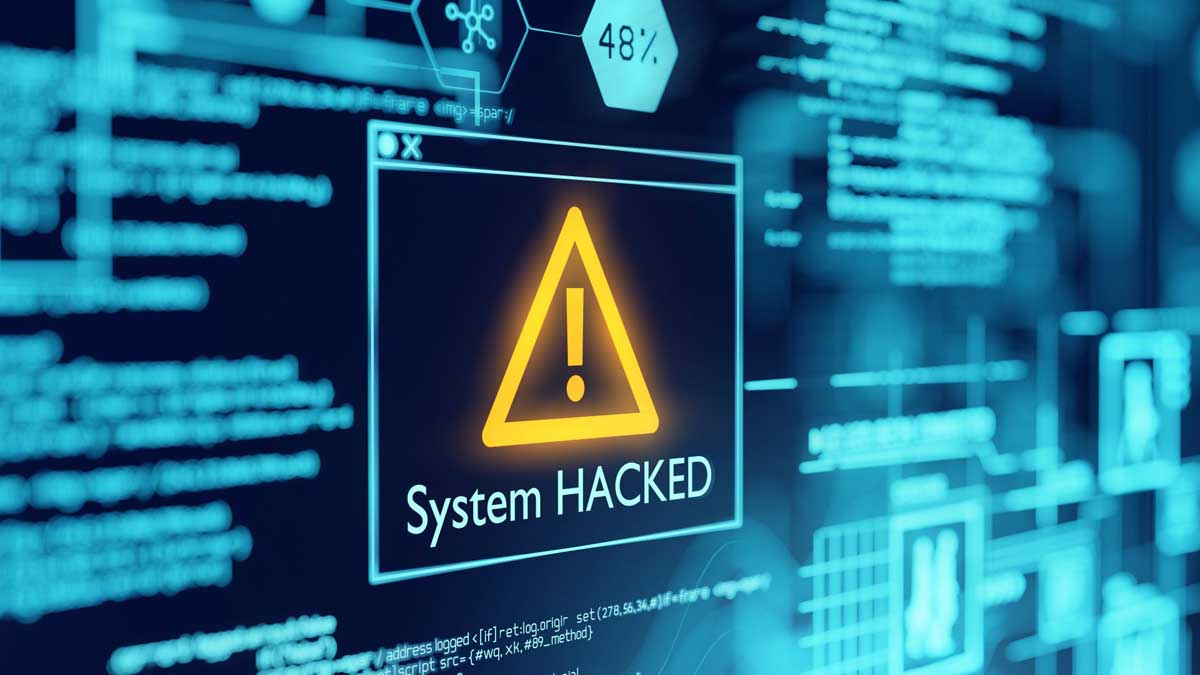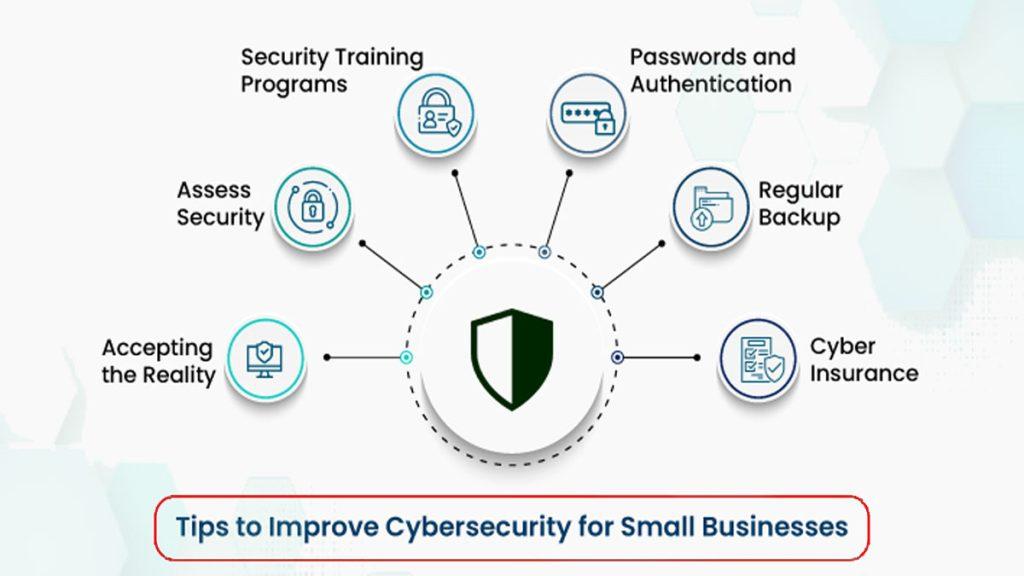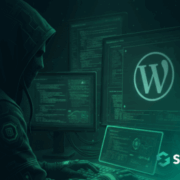Cyber-attacks are becoming increasingly common, in particular those targeting small and medium-sized enterprises.
While we mostly hear about data breaches, ransomware attacks, and other hacking attempts affecting large companies, 50% of cyber attacks target small-to-medium sized businesses and over 60% of those attacked go out of business.
For many small businesses, understanding the latest cybersecurity technology can be almost as challenging as keeping up with emerging cyber threats and risks—never mind the ever-changing regulatory landscape and new compliance demands. Meanwhile, tight budgets can make getting ahead of increasingly sophisticated cyber threats even more difficult for smaller companies. That is why investing in a cybersecurity strategy should be at or near the top of the priority list of every small business in 2024.
- How can small business owners bolster their cybersecurity positions despite persistent resource challenges, budget constraints, and accelerating change?
- How can you avoid being hacked?
- What should you do if a hacker steals all your data and demands a ransom?
If you do not know the answers to these questions, read and read again carefully this article…
ESSENTIAL QUESTIONS
As a self-employed person and/or business owner, you run a high risk of being exposed to a cyber-attack. So the question to ask is not therefore “Is my business going to be attacked?” but rather “When is it going to be attacked?”
- Is cybersecurity worth the cost?
The value of investing in cybersecurity is directly related to a small business’s attitude towards risk. If a company’s board or founders want stability and resilience if the business encounters a cyber incident, then a measured approach to investing in cybersecurity is essential and well worth the investment. - Do small businesses need cybersecurity?
No business is immune to cyber attacks. Small businesses must understand that cybercriminals will look for the weakest link and exploit it in order to gain access to their business partners, suppliers, and or customers. The potential reputational and financial damage of cyber attacks can be irreparable.
And this attack may be catastrophic. So, to avoid this, adopt good cyber-security practices now, at a right cost. The security of your business is in your hands!
For More and moving ahead…
Talk to PHMC GPE Team !
Discover More:
Fix & Repair – Infection Removal
***




















Comments